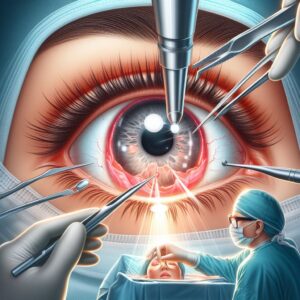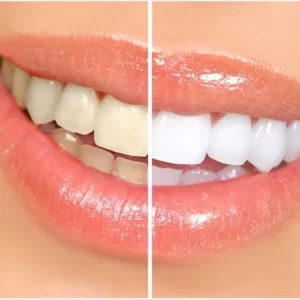Description
Familiarity with Treatment
Genioplasty is a surgical procedure performed on the chin, aimed at altering its position, shape, or contour. It is commonly performed by plastic surgeons and maxillofacial surgeons and can be conducted for both aesthetic and reconstructive purposes.
Procedure
The procedure for genioplasty involves various techniques, including:
- Advancement: Moving the chin forward.
- Pushback: Moving the chin backward.
- Side-to-Side: Addressing asymmetrical chins.
- Vertical Changes: Altering the length of the chin.
- Sliding Genioplasty: Involves cutting the chin bone away from the rest of the jaw and moving it to correct a chin deficiency.
- Chin Implants: Another method for altering the chin’s appearance.
Who is it Suitable for?
Genioplasty is suitable for individuals seeking to alter the appearance of their chin for aesthetic reasons, such as correcting receding chins, realigning chins, or addressing chin excess. It can also be recommended for reconstructive purposes, such as correcting chin asymmetry due to injury or congenital conditions.
Who is it Not Suitable for?
Genioplasty may not be suitable for individuals with certain medical conditions or those who are not in good overall health. Additionally, individuals with unrealistic expectations or those who are unable to commit to the necessary preoperative and postoperative care may not be suitable candidates for this procedure.
Advantages
- Aesthetic Improvement: Genioplasty can balance the lower face and alter the skeletal, soft tissue, and dental parts of the face, leading to an improved appearance.
- Correction of Chin Deficiencies: It can address receding chins, realign chins, or reduce chin excess, providing individuals with a more balanced facial profile.
- Reconstructive Benefits: For individuals with chin asymmetry due to injury or congenital conditions, genioplasty can offer reconstructive benefits.
Complications
- Temporary Neurosensory Disturbance: This is the most common complication that occurs after genioplasty, particularly related to the inferior alveolar nerve.
- Infection: As with any surgical procedure, there is a risk of postoperative infections.
- Relapse: There is a risk of relapse, particularly when significant chin movement is involved or when correcting chin asymmetry.
Preoperative Care
Before undergoing genioplasty, a comprehensive evaluation is performed by a plastic surgeon or maxillofacial surgeon. This may include a review of the patient’s medical history, facial imaging, and discussions about the desired outcome. Computer simulations may be used to visualize the desired result.
Postoperative Care
After genioplasty, postoperative care may involve managing pain and discomfort, as well as following specific instructions provided by the surgeon. This may include taking prescribed medications, practicing good oral hygiene, and attending follow-up appointments to monitor the healing process. Patients are typically advised to follow a soft-food or liquid diet initially and may be prescribed painkillers, an antiseptic mouthwash, and antibiotics for the first few postoperative days.






Reviews
There are no reviews yet.